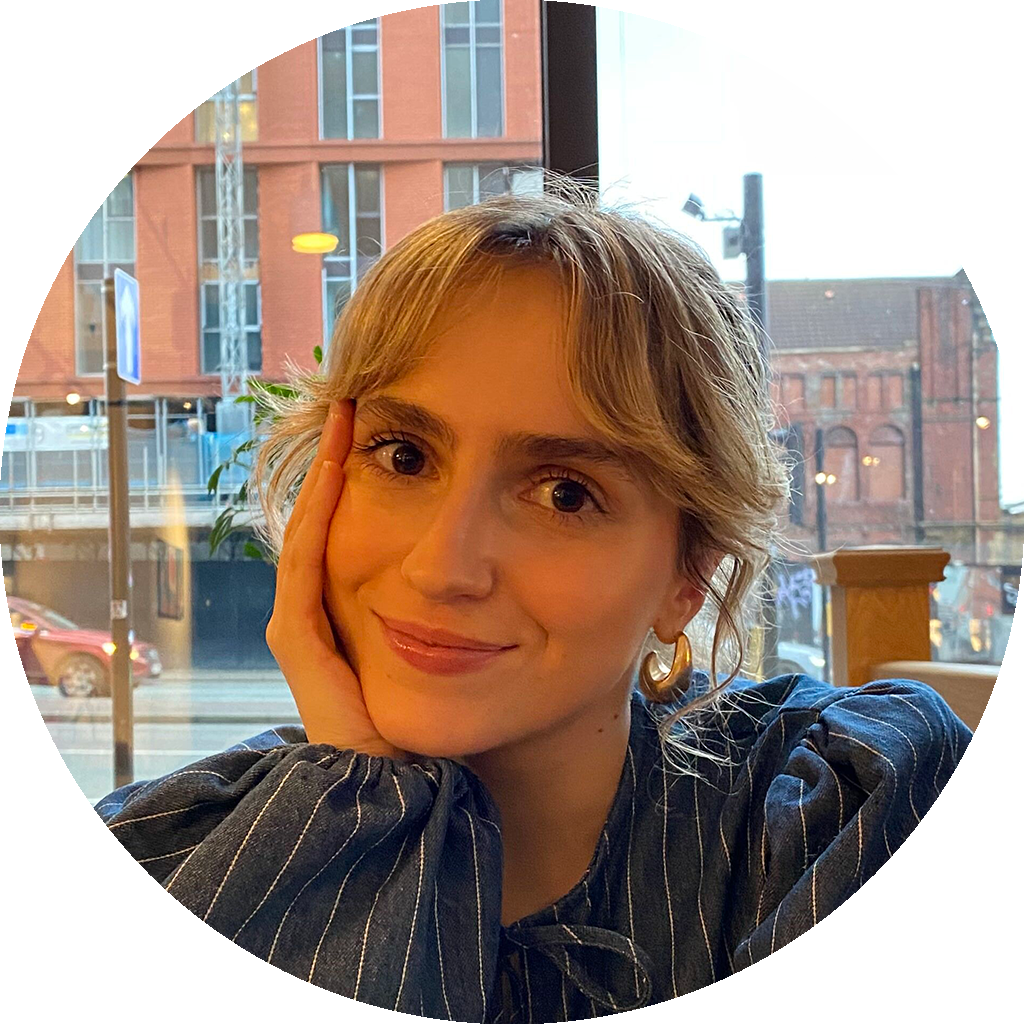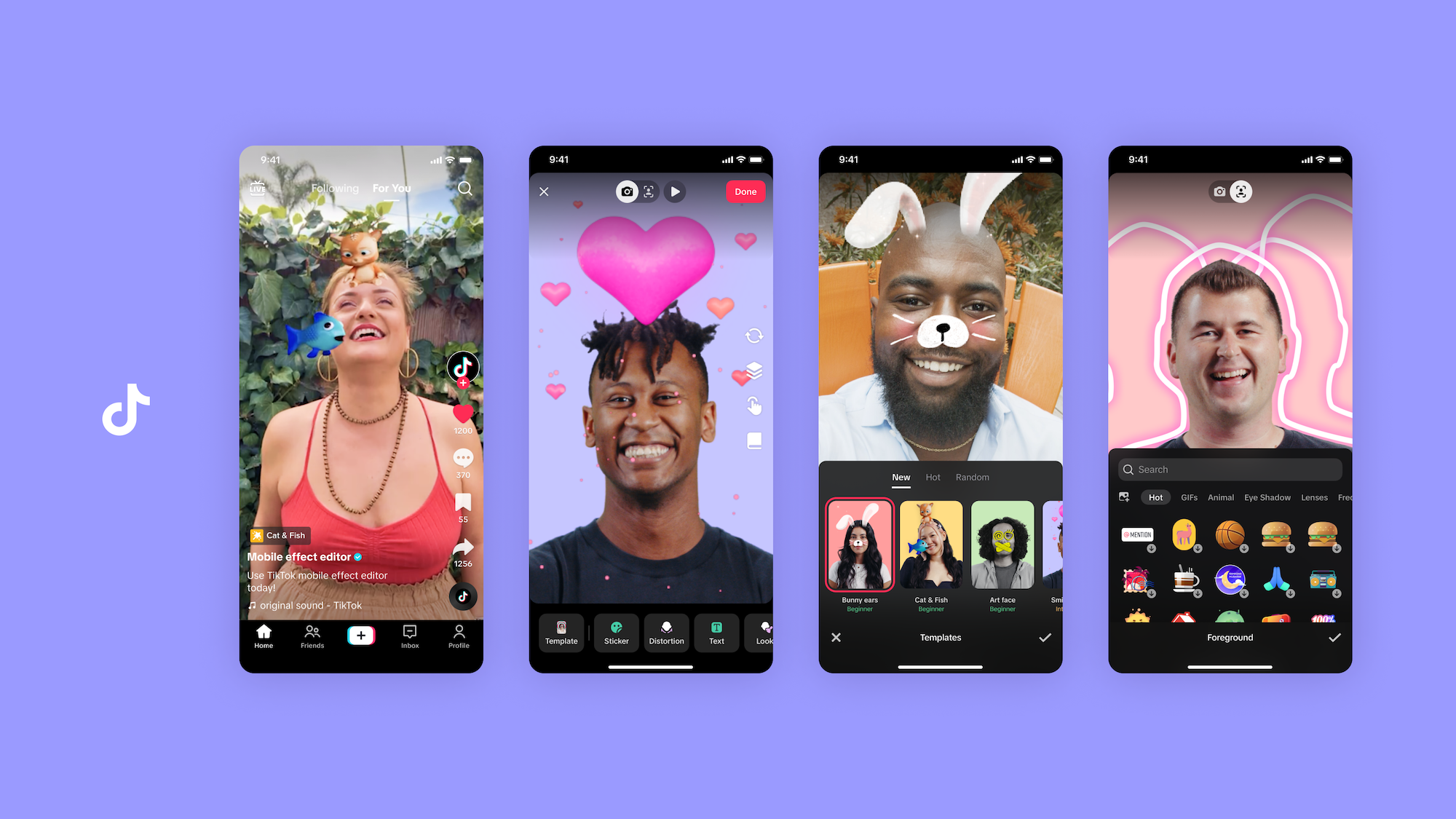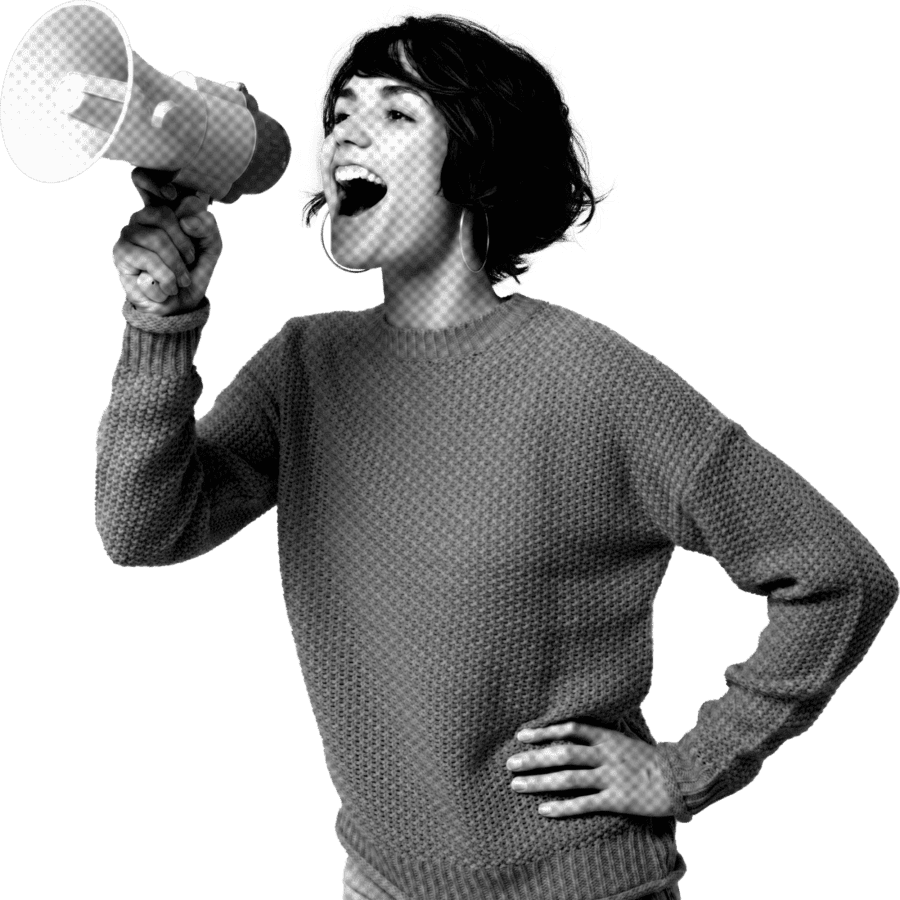Social media platforms have been in our lives for years, however, no one really told us how we’re supposed to use them properly, no manual whatsoever.
In recent years, it is hard to escape the studies showing a strong link between social media and mental health. For example, children and adolescents who spend more than 3 hours a day on social media face double the risk of mental health problems, including experiencing symptoms of depression and anxiety, even more concerning when we consider that teenagers spend an average of 3.5 hours a day on these platforms. However, social media can also have a positive impact in people’s lives, improving socialisation, finding support networks, and even raising awareness on important issues.
As a social media expert working in an inclusive marketing agency, I’ve learnt to find a good balance between using social media both for work and personal life, without putting my mental health at risk. And today I’m going to share all my secrets with you.
My Journey With Social Media
Even though I am a digital native, I was lucky enough to grow up without social media until I was a teenager. Fast forward to being at university, I had started using social media both for personal use and for content creation purposes. As a creative person, I found social media, especially Instagram, to be a great creative outlet for me.
I wished it had all been sunshine and rainbows, but I started to develop a toxic relationship with some social media platforms, worrying too much about others’ opinions, and focusing on my ‘online self’ more than I should.
Throughout the years, I’ve learned how damaging this behaviour was, and once I started working on social media, I set some boundaries so I could enjoy it, without putting my mental health, and overall wellbeing, at risk.
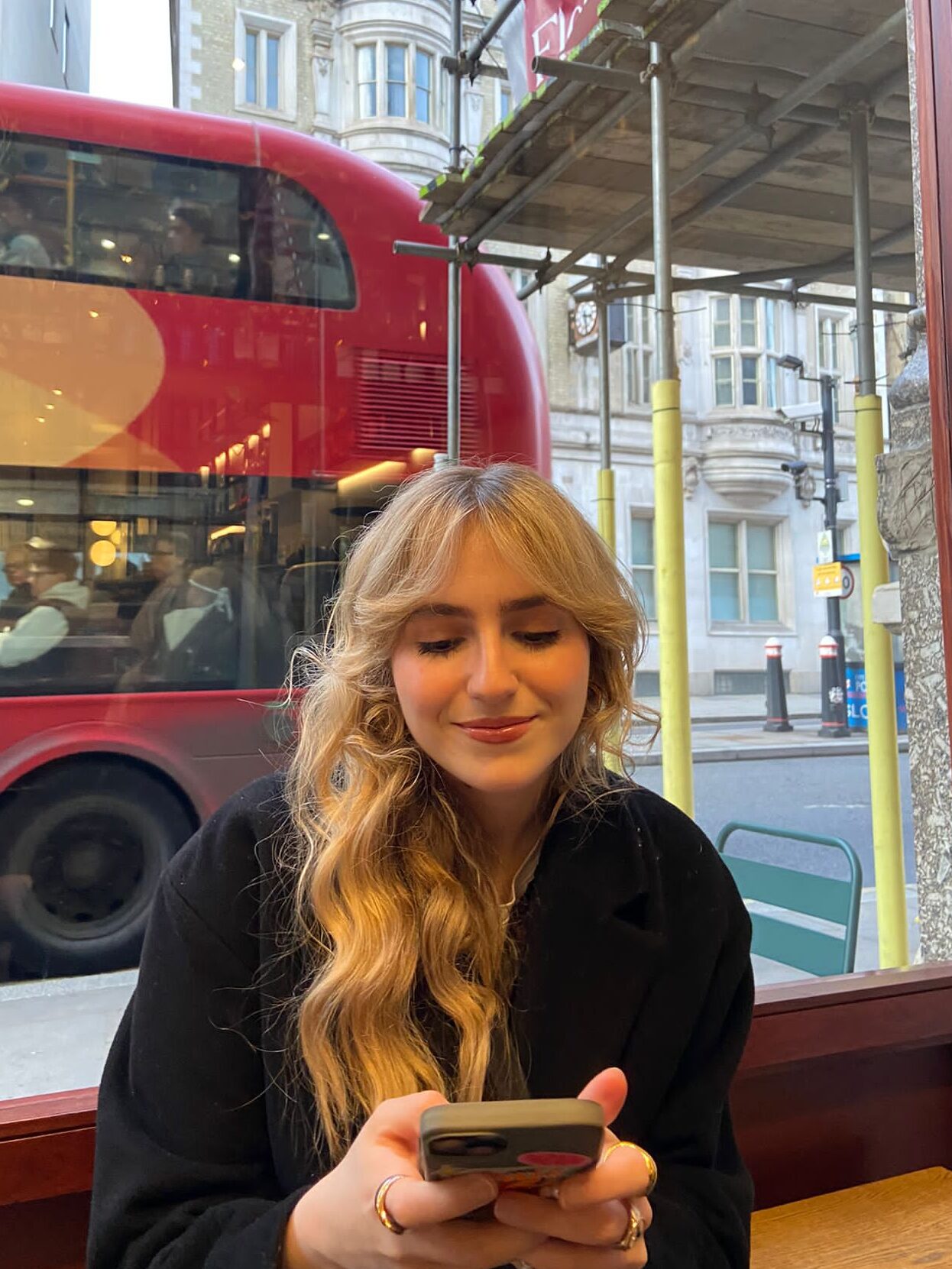
Social Media & Mental Health
Social media can enhance your life in many ways, it can connect you with people from all over the world, facilitating social interaction, it can provide you with a nice support group, and you can find inspiration and expand your knowledge every single day. However, these platforms can also become an additional stressor into our lives, and be detrimental to our overall mental health.
Usually, social media users might find themselves comparing their ‘offline self’ to someone else’s ‘online self’, which has been carefully curated and it only shows their life’s highlights. So it’s important to remember that, a lot of the time, what you’re seeing on those platforms is not the full picture.
However, there are lots of things you can implement in your life to make your social media use a positive force rather than a negative one.
5 Tips For A Healthy Relationship With Social Media
These tips can help you create healthy social media habits to protect your mental health and get all the positives that social media can give you (which are many!).
- Avoid starting your day with social media
We’re creatures of habit, and the more we let ourselves start scrolling the moment we wake up, the harder it will be to stop doing it. Don’t get me wrong, I’ve been there, and even now, there are days that I allow myself to do it because I want to and I have nothing else to do. However, the key is not to let it become a normal thing that you do daily and one that takes over more important and fulfilling activities in your day.
I like to start my day with some exercise, which makes me stay away from my phone for around an hour after I wake up. This might not be for you, but find something that you can do instead of grabbing your phone the moment you open your eyes. It might be choosing a playlist and starting to get ready for the day, or going to make some breakfast, reading…find what works for you, and you’ll see the benefits in no time.
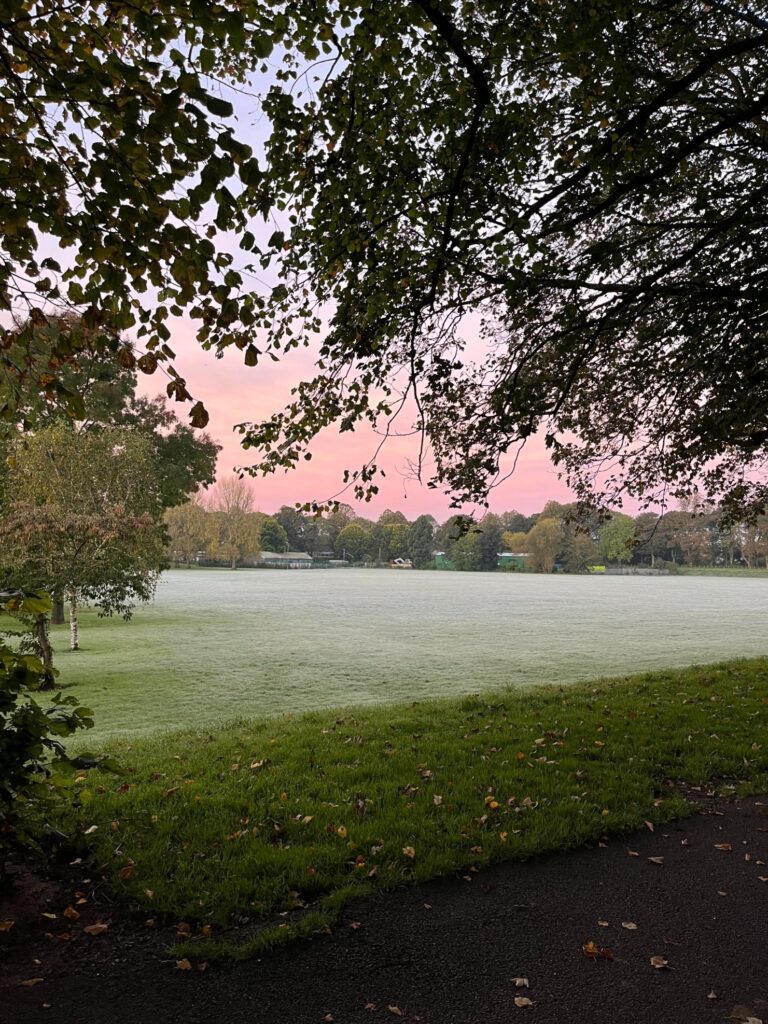
- Unfollow everyone that doesn’t make you feel your best
This one can be hard, but there’s no point in having people constantly on your feed that make you feel rubbish about yourself and your life. Instead, choose to follow those that motivate you, inspire you, and make you want to be better.
I know it’s difficult, or maybe you don’t want to upset someone, so sometimes muting some of those accounts until you feel better is the way to go. Especially when you know the person and you don’t want to create an awkward situation between the two of you.
- Be mindful of the way you use social media
How often have you started scrolling through Instagram, TikTok or X without even realising you were doing it? If I asked you to describe just three of the posts you saw when you last scrolled social media, would you be able to? The more we do it, the more automatic it becomes. Next time you’re about to open a social media app, stop for a second and think why you’re doing it. Are you looking for something or someone? Are you going to post a Story? Or are you just bored and cannot think of anything better to do?
By creating a more mindful experience on social media, you’ll be able to reduce the time you spend on the apps but also enjoy the content you see a lot more!
- Set work/life boundaries
Whether you work on social media or not, you need some work/life boundaries when it comes to your social media usage. Those can be a work phone without access to your personal social media accounts, setting time limits to avoid spending too much time on your phone during working hours or choosing a different activity to do during your lunch break rather than scrolling for an hour, like going for a walk or calling a friend.
As a remote-first agency, I find myself working from home 99% of the time, and something that I do a lot is ‘screen breaks’. Just for a few minutes, stop what you’re doing. No laptop or phone, just do something else around your house, talk to your flatmates, anything!
- Create a rich non-work life
If you don’t have anything planned once you finish work, it’s easier to get hooked by the dopamine hits of social media, and spend your evening (or whole day) sitting on your sofa scrolling non-stop.
If, instead, you put time and effort into creating habits and finding hobbies that do not involve you having to be on your phone, it would help decrease your screen time massively. And it doesn’t have to be anything expensive; it can be something as simple as going to get a coffee with a friend, reading a new book, playing an instrument, etc.
Protecting Your Mental Health As A Content Creator
If you’re a content creator and social media is your full-time (or part-time job), finding a good work/life balance can be slightly more difficult (but not impossible!).
The previous tips will definitely help massively, starting with switching to having a work phone and a personal one. Even though it’s a massive privilege and it wouldn’t be available for everyone, it could make a very important difference in your life. But some other great things that you can do include:
- Schedule your content in advance
On Instagram, and some other platforms, you can schedule your content to go live at a particular time. There are also scheduling platforms like Later that can help further. This is not only helpful when you have a specific deadline, but it can help you avoid spending more time on social media than you have to.
To do this, simply create a post as you would normally do, and when you’re about to post it, instead click on the option ‘schedule this post’, and choose the day and time that you want.
- Block offensive comments
This is an amazing feature that most social media apps have. You can block specific words, terms, or whole sentences, to avoid offensive comments that might deteriorate your mental health.
- Ask for help if you need it
Content creators can be their own social media managers, strategists, video editors, accountants, and even sometimes agents. If you find yourself getting burned out, please ask for help! You need to be your priority, if you’re not feeling ok, you won’t be able to do your job properly.
If you have the resources to hire an accountant, a social media assistant or a video editor, even if it’s part-time, it can be really helpful. And if you’re struggling with anxiety or burnout, talking to a therapist might be the best thing to do.
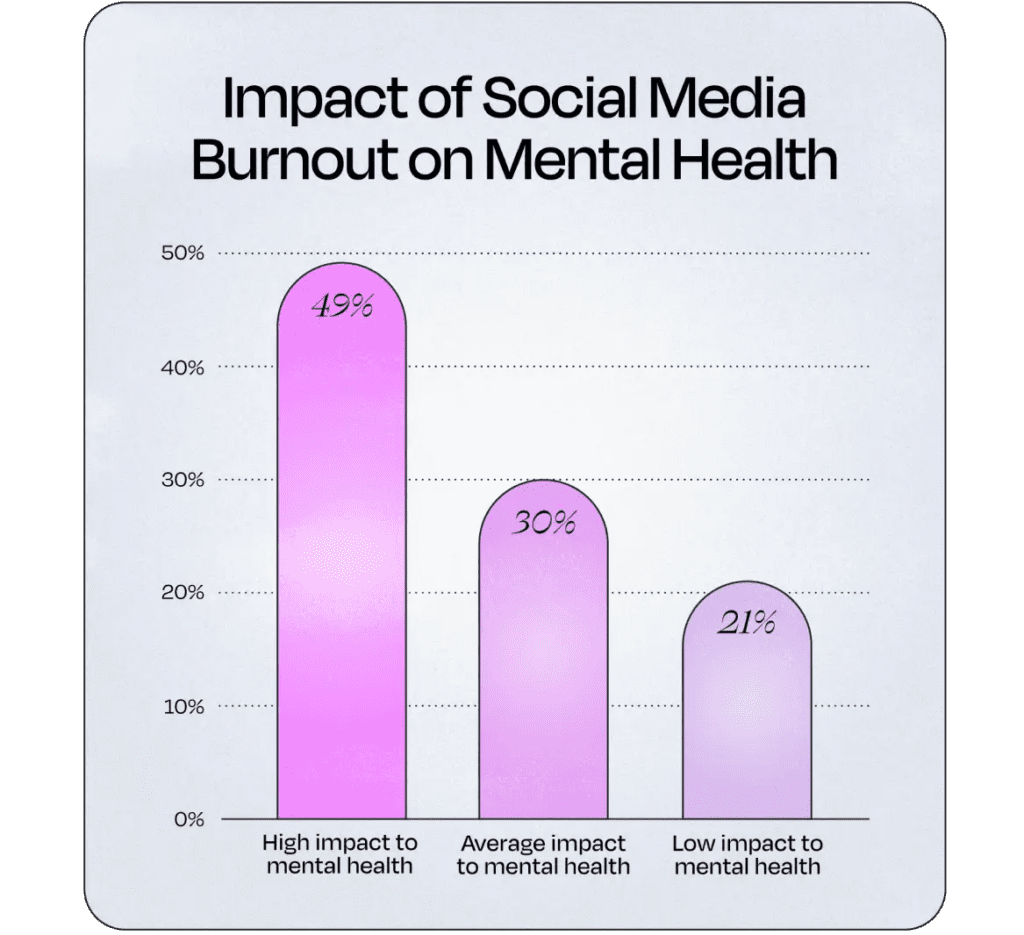
What Brands Can Do
If you’re investing in influencer marketing (which you should be doing btw), there are definitely things you can do to help the creators you’re working with.
Every creator is different; be open and understand their needs and situations. At Purple Goat, we are always working with the disabled community, and we know that every disabled person will have different needs and requirements.
The best thing to do is ask the creators you’re working with for any requirements or anything they might need so that they can make the best content possible, that can be flexible deadlines, a detailed campaign brief, etc. By actively listening to the influencers you’re working with, you could avoid things like burnout or anxiety.
Conclusion
Social media can be an amazing and positive tool for everyone, however, you need to know how to get the best out of it.
Even though there is a lot more that platforms could be doing, features like limiting the time you spend on the app are great if you’re struggling to fully disconnect.
Whether you’re a creator, a marketeer, a social media manager, or simply a social media lover, it’s important to remember that, as much as we enjoy consuming all the great content on these platforms, we cannot let it consume us. Our mental health should be our priority, so next time you start scrolling, stop for a second and think if you actually want to be there.
It’s extremely important for the content on social media to be authentic, and representative, as that would make the best impact on users and potential customers. If you want to learn more about how to make some successful and representative campaigns, get in touch!


